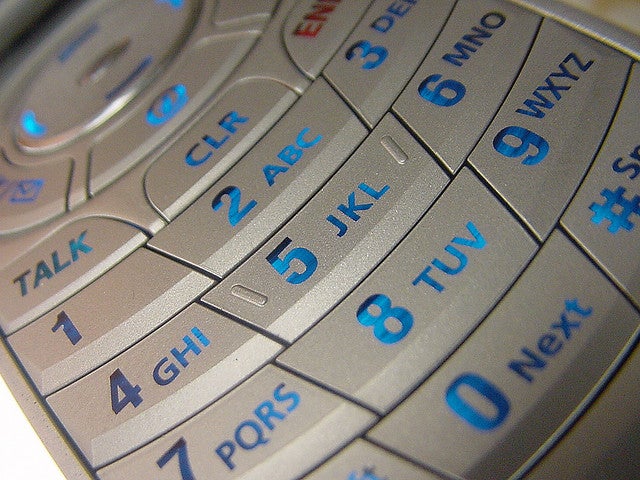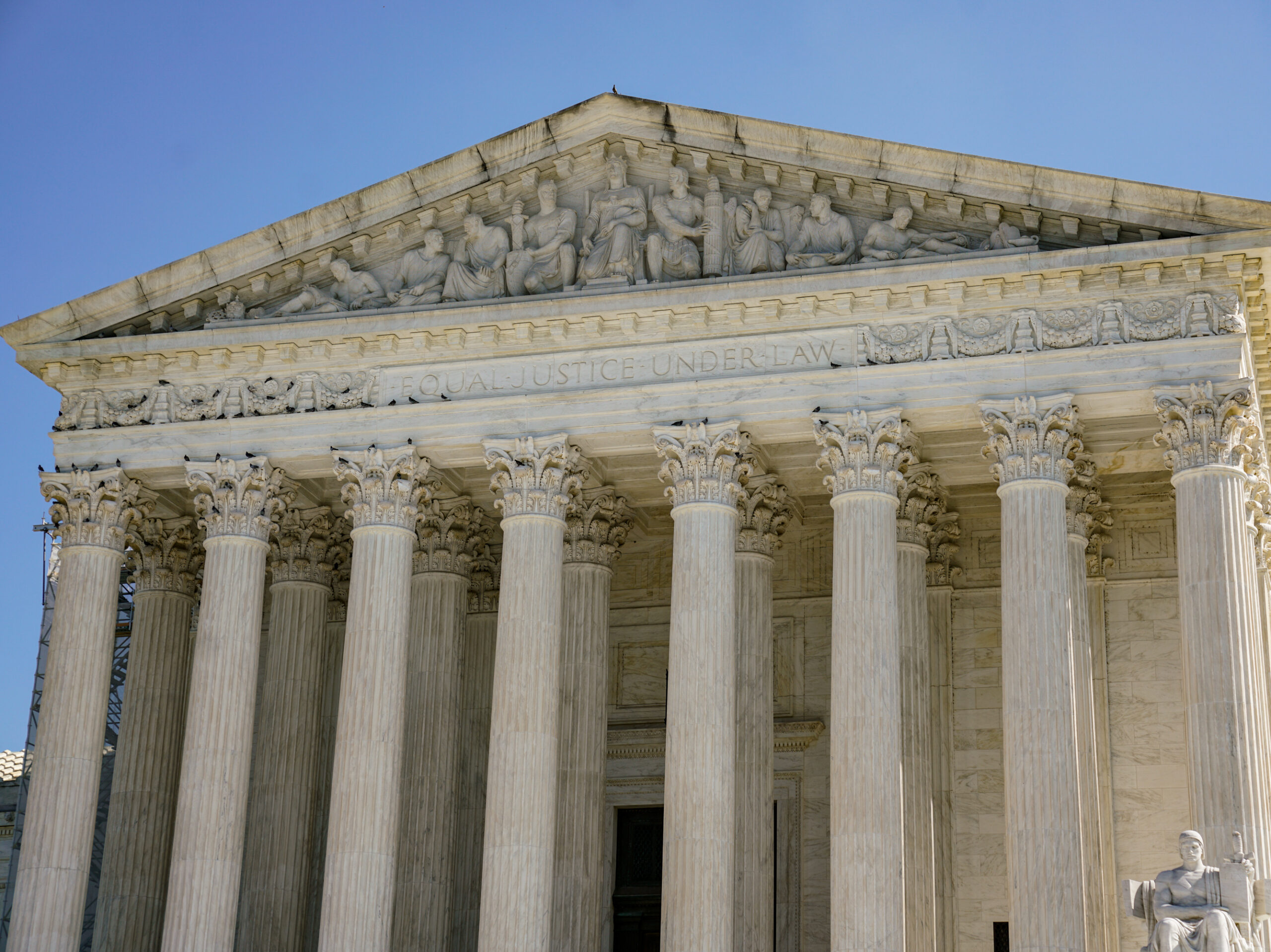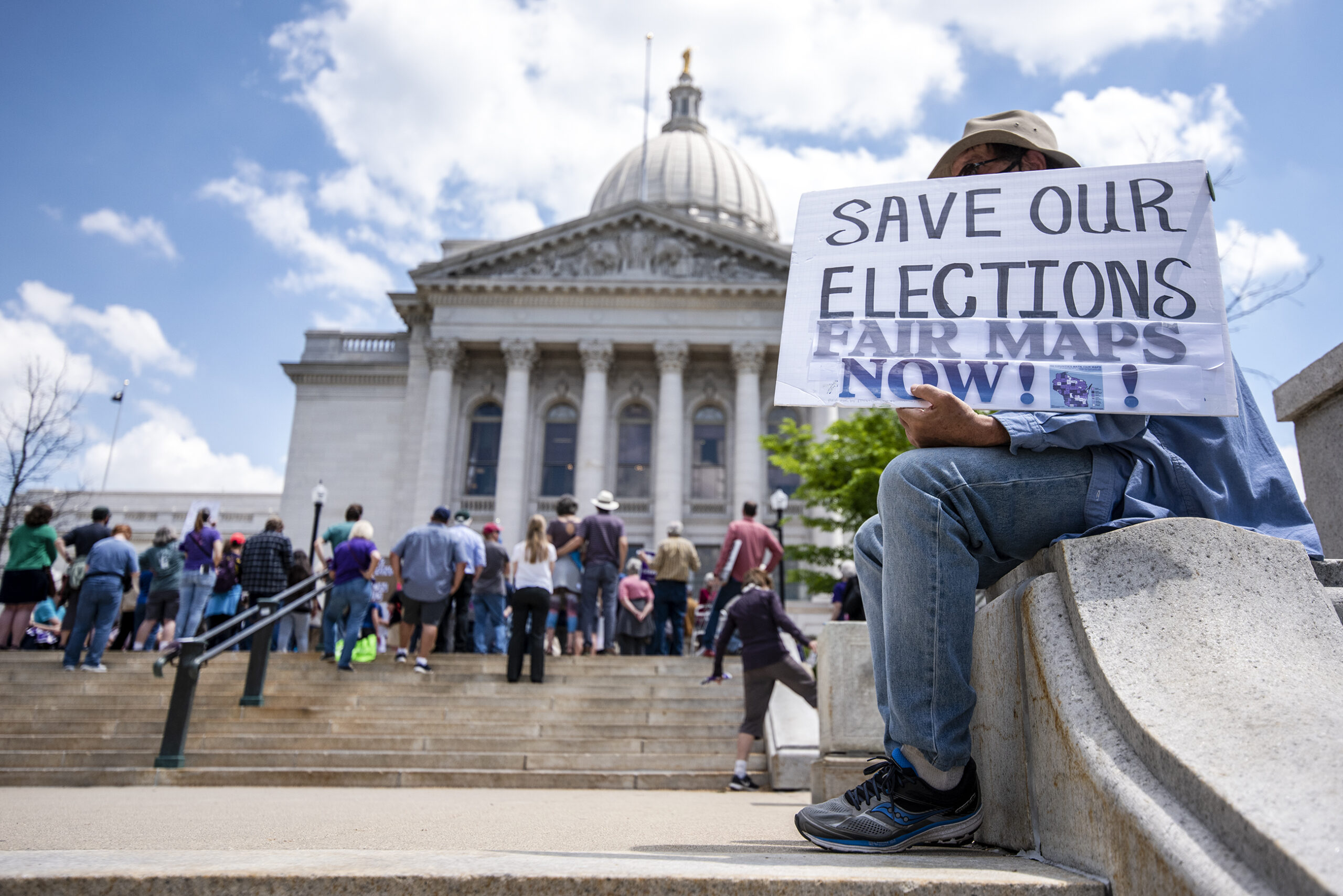A unanimous U.S. Supreme Court ruling on Wednesday made it mandatory for police to get a search warrant before downloading information from a suspect’s cell or smart phone.
Lawyers for the federal government tried to convince the high court that a cell phone is no different than a purse or a wallet that police can search without a warrant at the time of an arrest. All nine justices rejected that argument.
Wisconsin Defense attorney Jerome Buting said Justice John Roberts ridiculed that comparison in his written opinion.
Stay informed on the latest news
Sign up for WPR’s email newsletter.
“Justice Roberts said that’s like saying a ride on horseback is materially indistinguishable from a flight to the moon,” said Buting. “Both are ways of getting from point A to point B, but little else justifies lumping them together. A cell phone would be like the equivalent someone dragging behind them a huge trunk, or even a roomful, of data.”
The court also rejected arguments that requiring a search warrant for cell phone data will make it harder for police to get the evidence needed to convict someone.
Another Wisconsin attorney, Ray D’Allosto, said the digital age has made it possible for police to email a judge from the scene of the arrest and get a warrant within 15 minutes.
“I think it will not really hamper police investigations or hurt law enforcement, but it does protect our rights and those who need to be protected in this rapidly changing technological society we live in,” said D’Allosto.
The ruling from the high court also urged state legislatures to pass new laws that make it clear that a search warrant is now required before a cell phone can be searched.
Wisconsin Public Radio, © Copyright 2024, Board of Regents of the University of Wisconsin System and Wisconsin Educational Communications Board.






